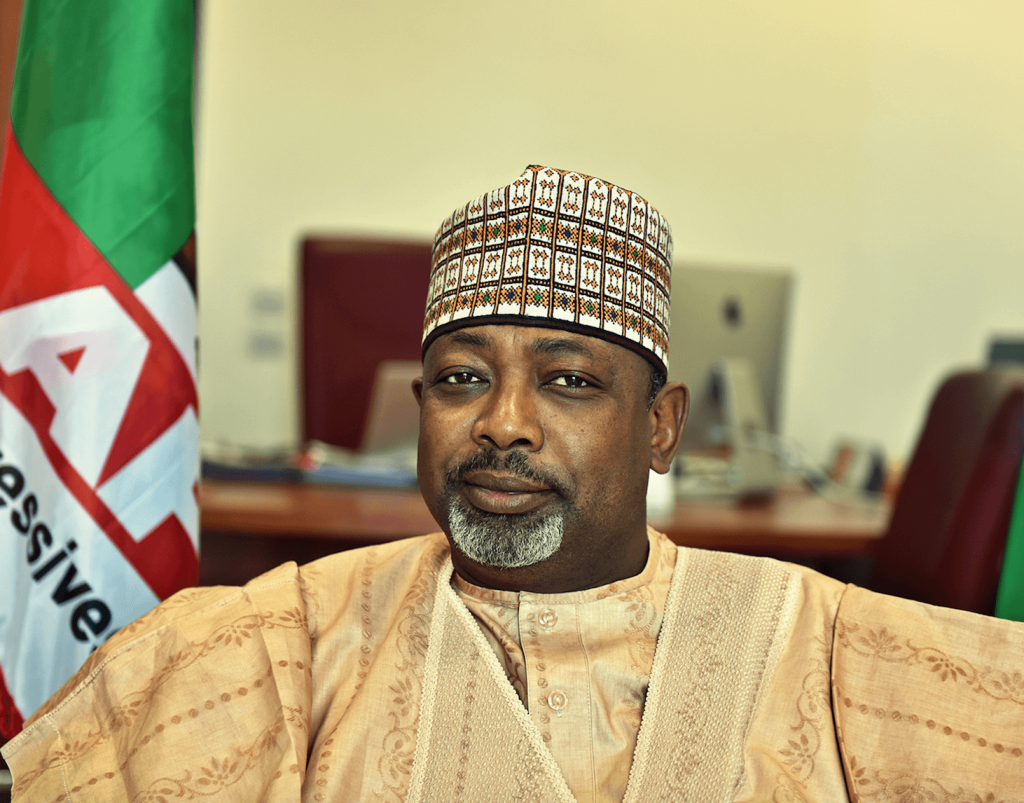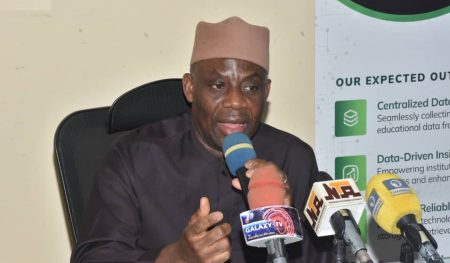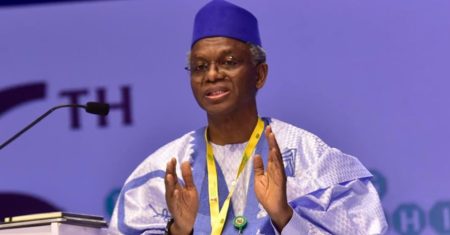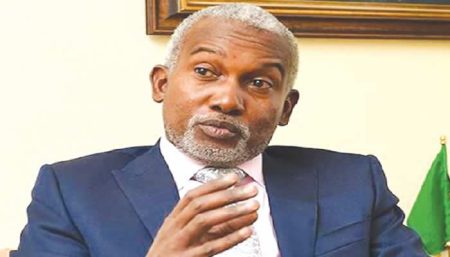Nigeria’s Renewed Focus on Agricultural Transformation and Food Security
Nigeria has embarked on a significant agricultural transformation journey, driven by a commitment to achieving food security and sovereignty. The Federal Ministry of Agriculture and Food Security (FMAFS), formerly the Federal Ministry of Agriculture and Rural Development, has spearheaded this effort, investing over N200 billion in interventions and distributing over N2.15 million worth of fertilizers to farmers nationwide. These measures are intended to bolster agricultural production, improve crop yields, and ultimately ensure that Nigeria can feed its population reliably. The renaming of the ministry itself underscores the government’s prioritization of food security in the face of challenges such as climate change, the COVID-19 pandemic, and natural disasters.
The administration of President Bola Tinubu has made food security a central policy focus, issuing a direct mandate to achieve both food security and food sovereignty. This directive has prompted the FMAFS to collaborate with international development partners like the Food and Agriculture Organization (FAO) and the World Bank to accelerate progress in the agricultural sector. While acknowledging the inherent difficulties in this journey, the Minister of Agriculture and Food Security, Abubakar Kyari, emphasized the significant strides made towards increased production and the role of these partnerships in facilitating those advancements. The government’s investment in the sector signals a clear commitment to transforming agriculture from its traditional practices to a more modern and productive system.
A key component of Nigeria’s agricultural strategy is the promotion of mechanization and the engagement of youth in the sector. Minister Kyari highlighted the challenge of attracting young people to agriculture due to the perception of farming as laborious. The drive towards mechanized agriculture aims to address this by modernizing farming practices, reducing the physical burden, and presenting agriculture as a more attractive and viable career option. This emphasis on mechanization is crucial for increasing efficiency, boosting yields, and ensuring the long-term sustainability of Nigeria’s agricultural sector. Simultaneously, the government is investing in agricultural research, particularly in crops like wheat, resulting in the development of locally produced seeds and a significant reduction in reliance on imported seeds.
Nigeria’s progress in rice and wheat production demonstrates the potential of focused agricultural development. While acknowledging ongoing challenges in the rice sector, including issues of affordability and accessibility, the minister highlighted the success of the outgrower scheme. This initiative provides small-scale farmers with access to short-term financing, bridging the gap between planting and harvesting, typically a period of 4-5 months. By supporting smallholder farmers, the outgrower scheme contributes to increased rice production and strengthens the overall resilience of the agricultural sector. The success in wheat cultivation, with local seed production reaching almost 500 metric tons, points to the effectiveness of research-driven improvements and the potential for similar advancements in other crops.
The Gambia, facing its own food security challenges, particularly in rice production, has turned to Nigeria as a model for agricultural development. A Gambian delegation, led by the Minister of Agriculture, Livestock and Food Security, Dembal Sabally, visited Nigeria to observe the country’s rice cultivation and irrigation methods, with a particular focus on the successful outgrower scheme. Impressed by Nigeria’s advancements in post-harvest management, mechanization, seed development, packaging, and rice trade, the Gambian delegation expressed a desire to replicate these successes in The Gambia. This visit reflects Nigeria’s growing prominence as a regional leader in agricultural transformation.
The Gambian Minister acknowledged Nigeria’s success in overcoming rice insufficiency, a feat The Gambia aims to emulate. With over 80% of its rice currently imported, The Gambia recognizes the significant economic strain this reliance places on its economy. The delegation requested support from Nigeria, including the appointment of a “Rice Ambassador,” to facilitate the transfer of knowledge and best practices in rice production. This collaboration between Nigeria and The Gambia highlights the importance of regional cooperation in addressing shared food security challenges and promoting sustainable agricultural development across Africa. Nigeria’s willingness to share its expertise marks a significant step towards fostering pan-African solutions for food security and economic growth.














